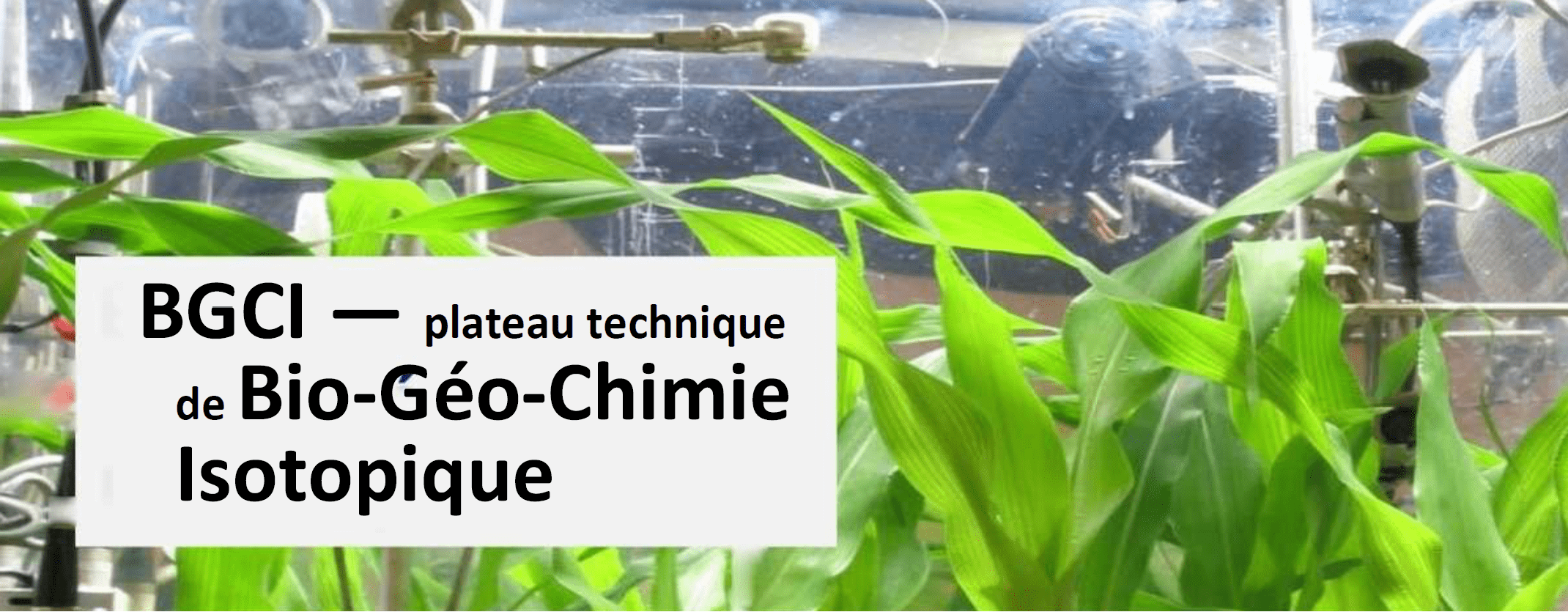
Archives

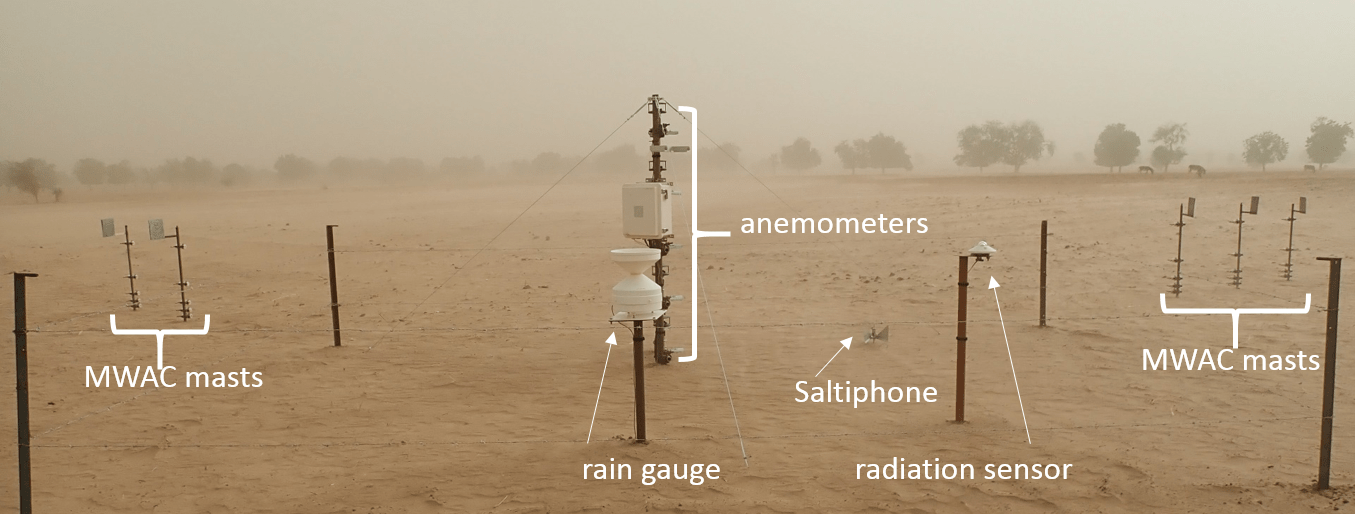
Wind erosion is a major phenomenon in the Sahel, and can affect soil fertility. Studies of Sahelian aeolian erosion or erosivity are scarce and have been mainly focused on the Central Sahel. Since February 2020, the number of saltating particles and the horizontal flux of aeolian sediment were monitored in Bambey (Senegal) in combination with […]
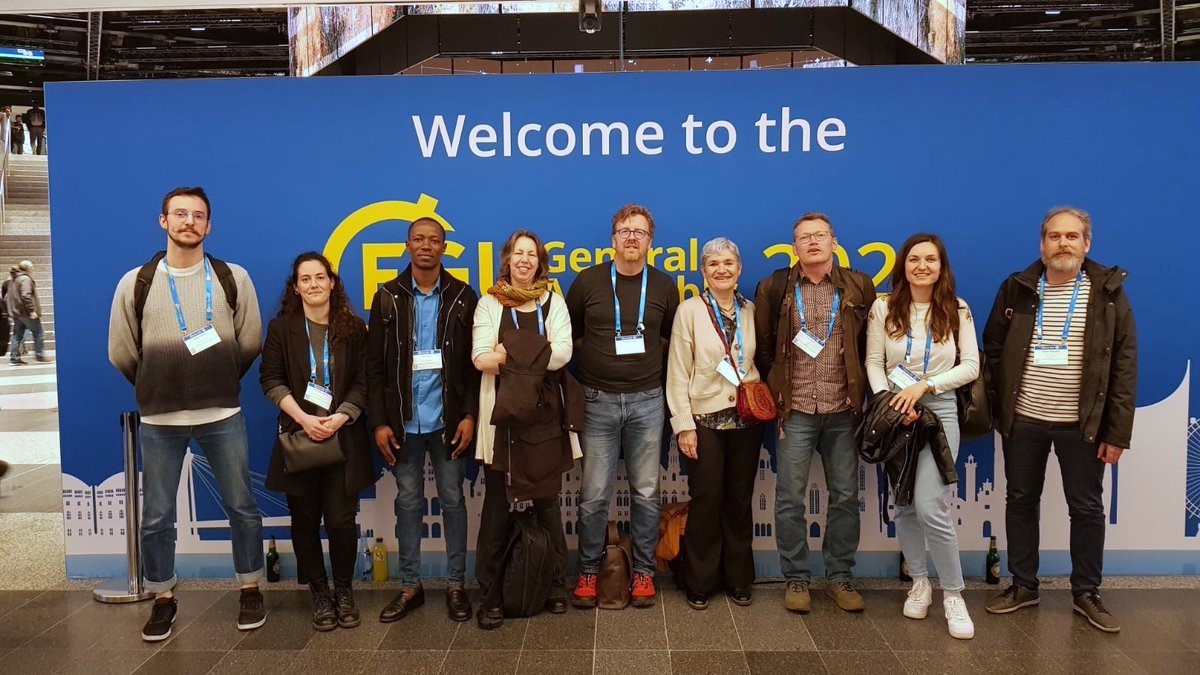
EGU 2023 was held this year in Vienna, Austria from April 23-28. iEES Paris was strongly represented with the participation of 9 of our team members.
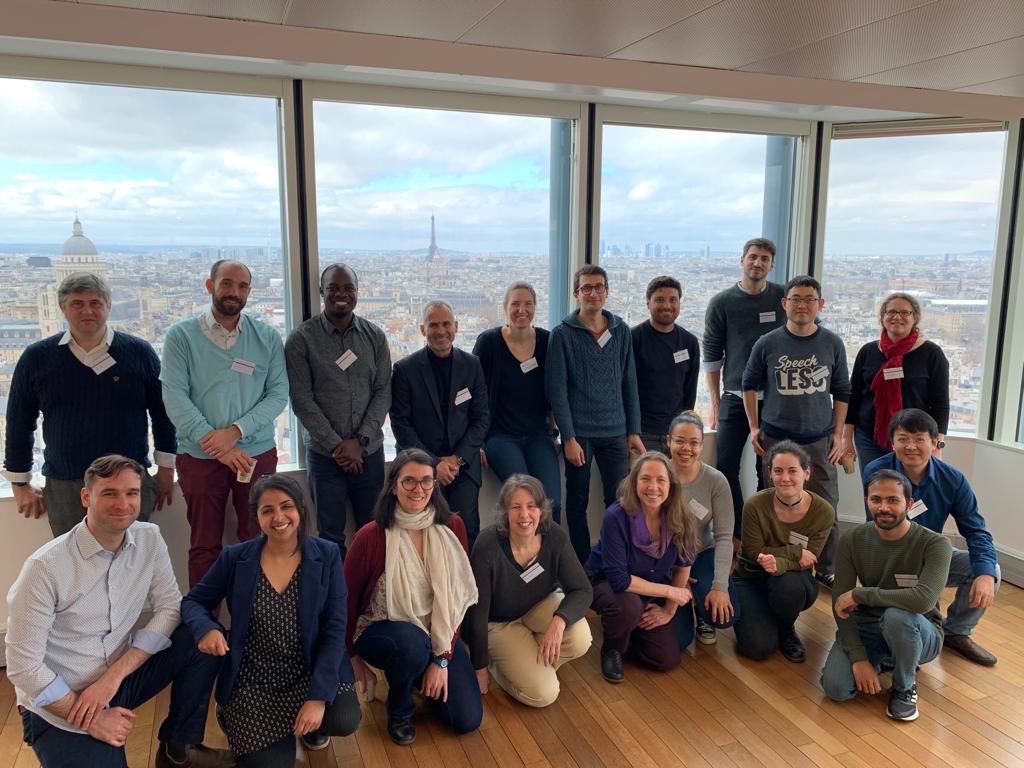
“Global Deep Soil 2100” is a network bringing together experimenters, modellers and data users on experiments analyzing the warming of all ecosystems. A workshop to deepen the compilation, meta-analysis and modeling of data was organized at Sorbonne University as a hybrid meeting on four continents. It brought together 50 participants and was organized as an […]
Lire la suite / Read more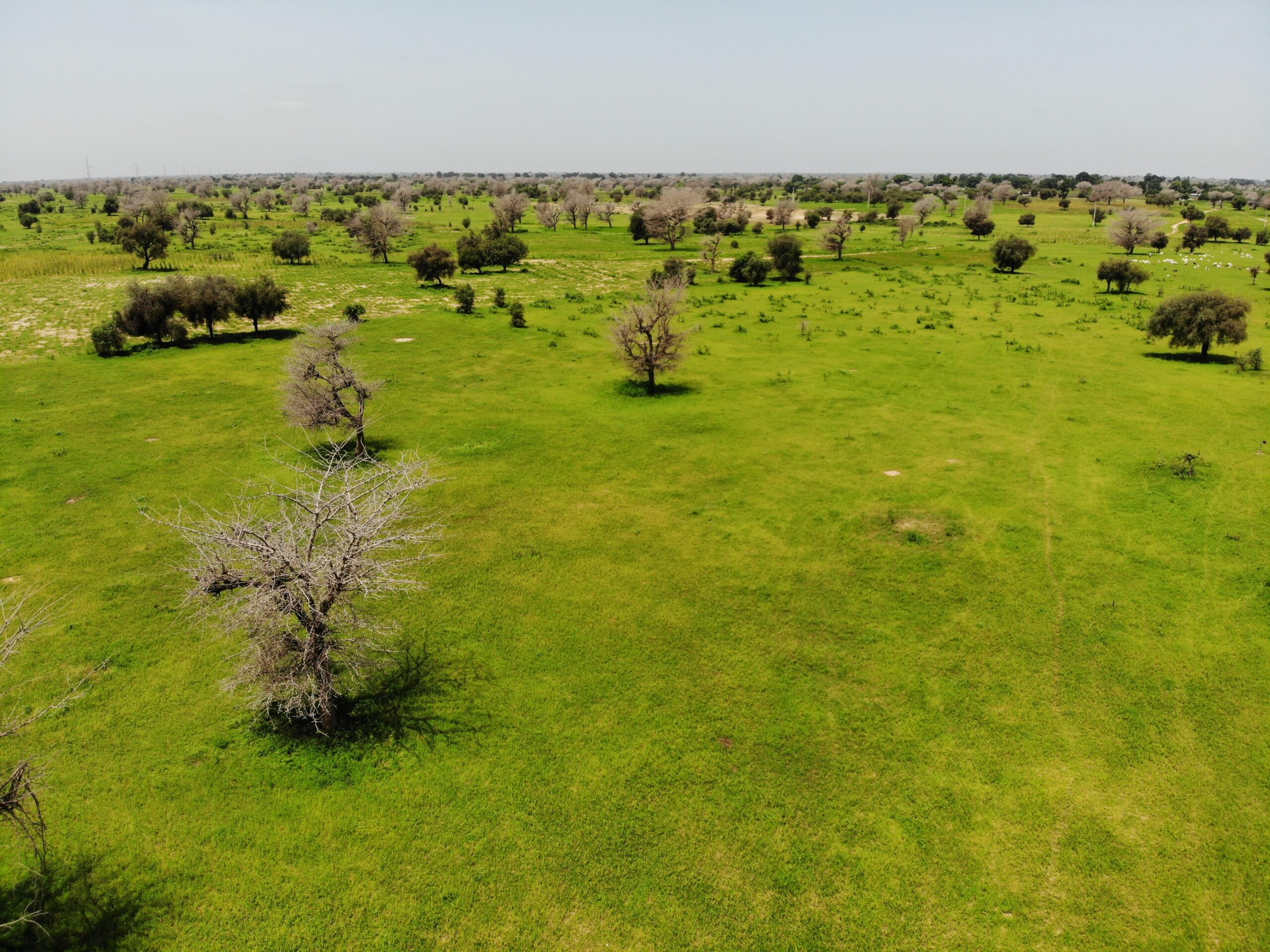
When the Sahel is mentioned today, this semi-arid African region between the Sahara and Sudanian Africa is often associated with the notion of desertification. But what do the latest advances in environmental science tell us about this desertification? To what extent is the “narrative” of Sahel desertification based on scientific results, or on other mechanisms, of a more political nature?
Lire la suite / Read more
Thanks to its close partnerships with Laotian structures, IRD is providing equipment to the DALaM research centre and to the MouNoy Dev straat-up.

J.-L. Janeau, IRD research engineer at iEES Paris (FEST and F2ZC teams), is co-organizer of an EGU21 session.
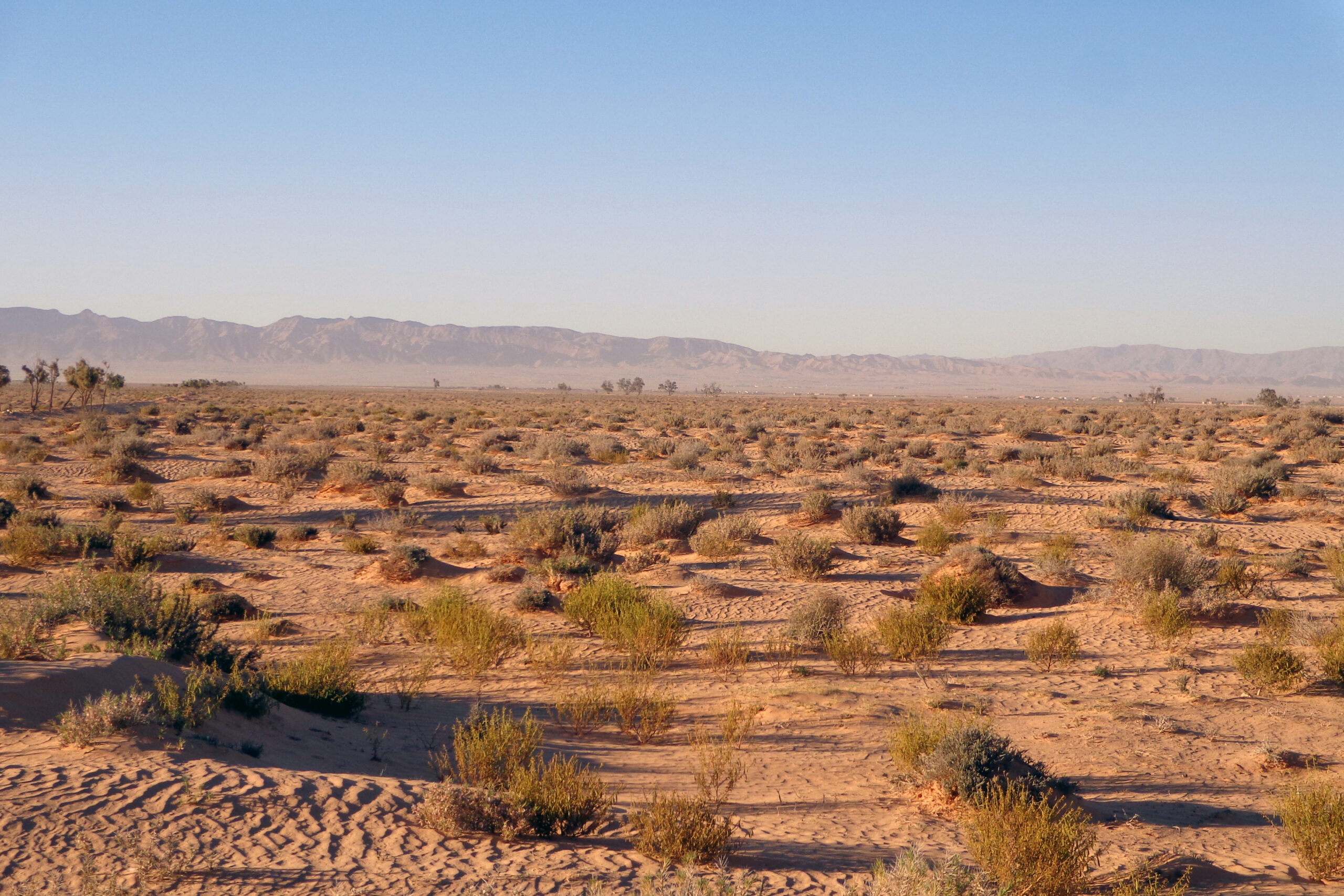
Team news Team publications Team members Google traduction du contenu Français The skills gathered in this team relate to the analysis of spatial and temporal variability, as well as the physical properties of tropical soils, by approaches of soil science, geophysics and remote sensing: evaluation on long-term observatories of the impacts of land uses, particularly […]
Lire la suite / Read more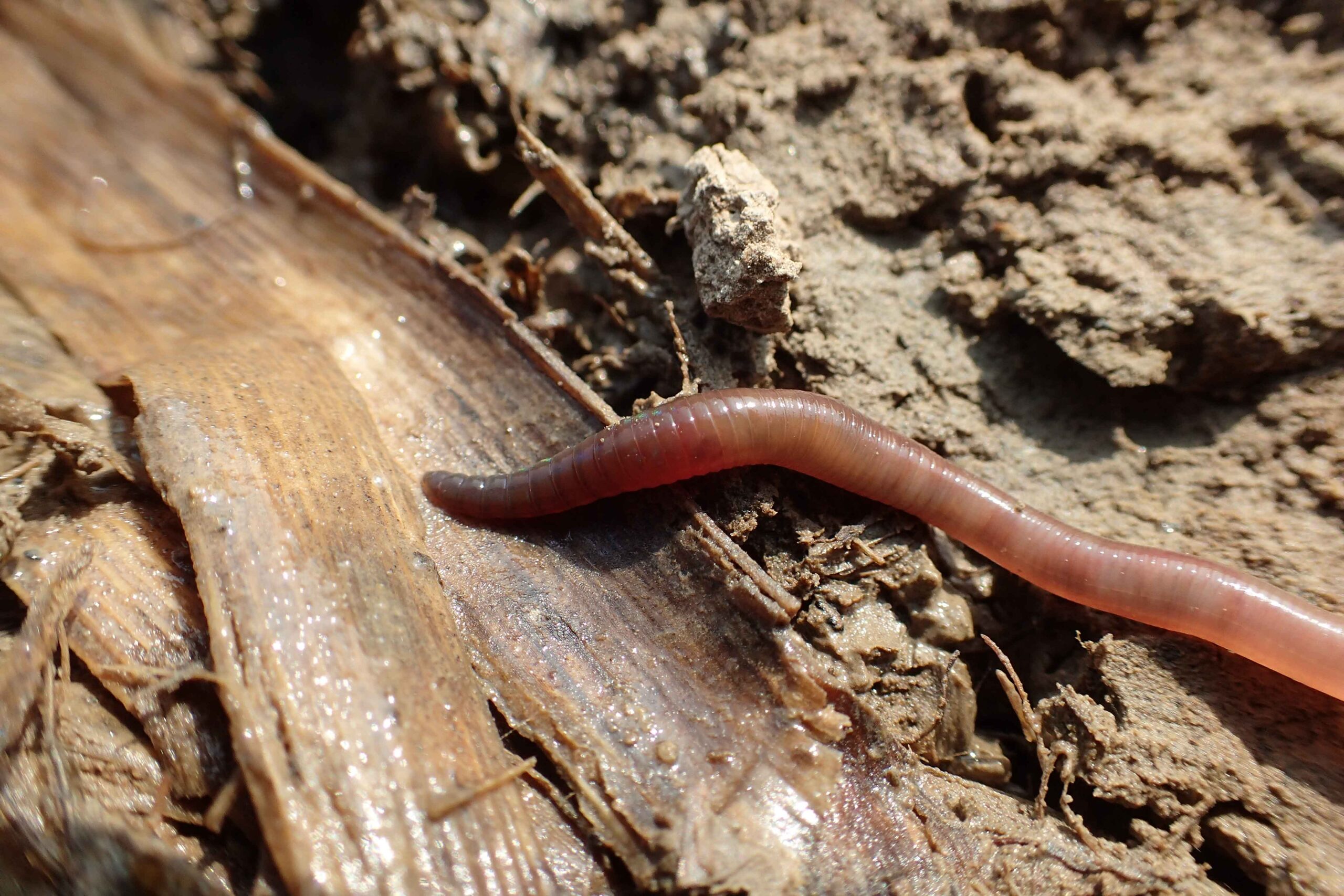
Team news Team publications Team members The main objective of the FEST team is to better understand the interactions between biological actors and the abiotic properties of soils, and the impact of these interactions on the resulting ecosystem services. In particular, we study the influence of soil engineers (especially earthworms, termites and microbial activity) and […]
Lire la suite / Read more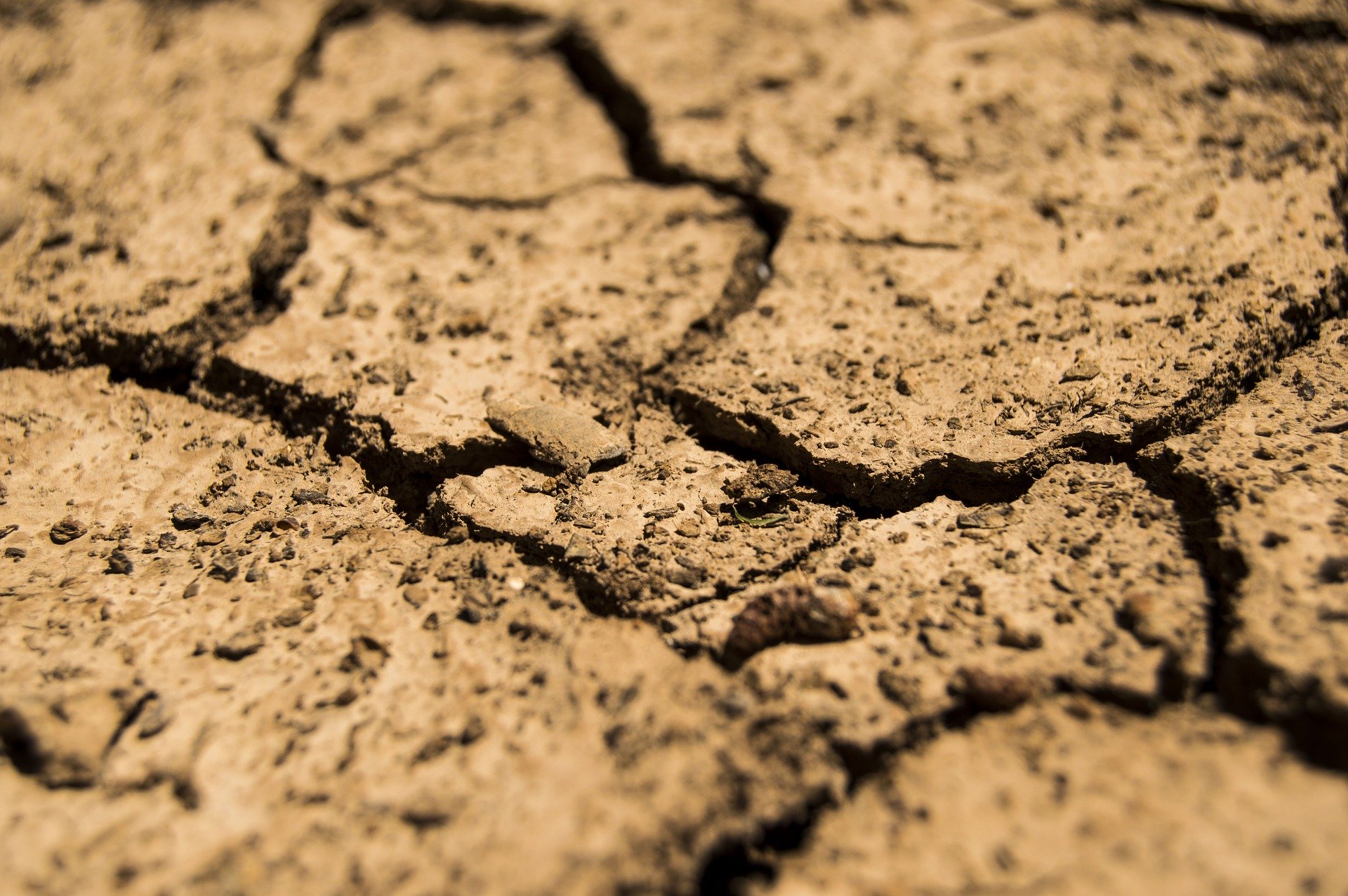
Department teams Department news Department publications Members of department The “Soils in the Critical Zone (Soils_CZ)” Department investigates the mechanisms that control ecosystem functioning and water – matter exchanges in the Critical zone, at soil to catchment scales. The skills of the Department cover various fields of study including soil and water sciences (pedology, agronomy, surface […]
Lire la suite / Read more